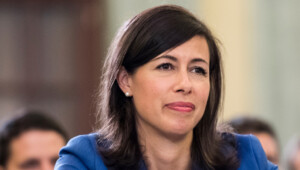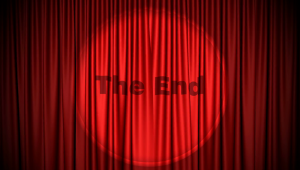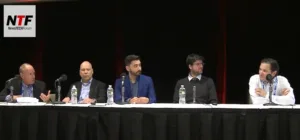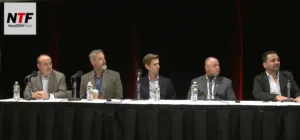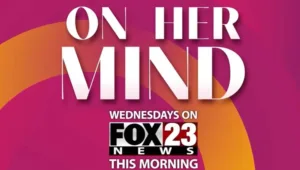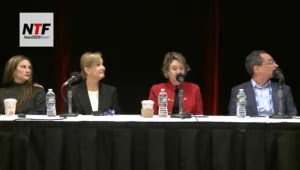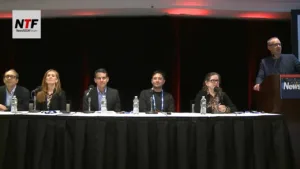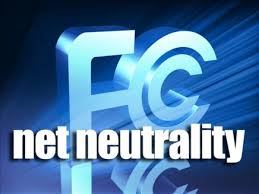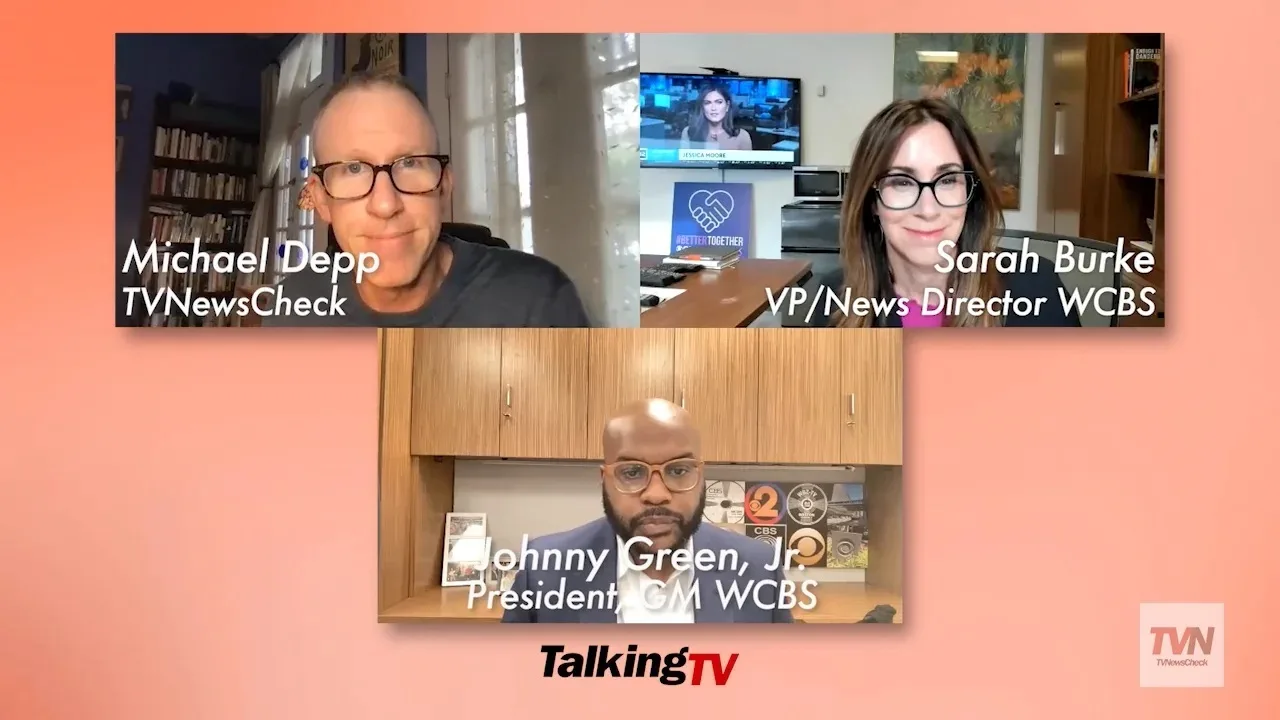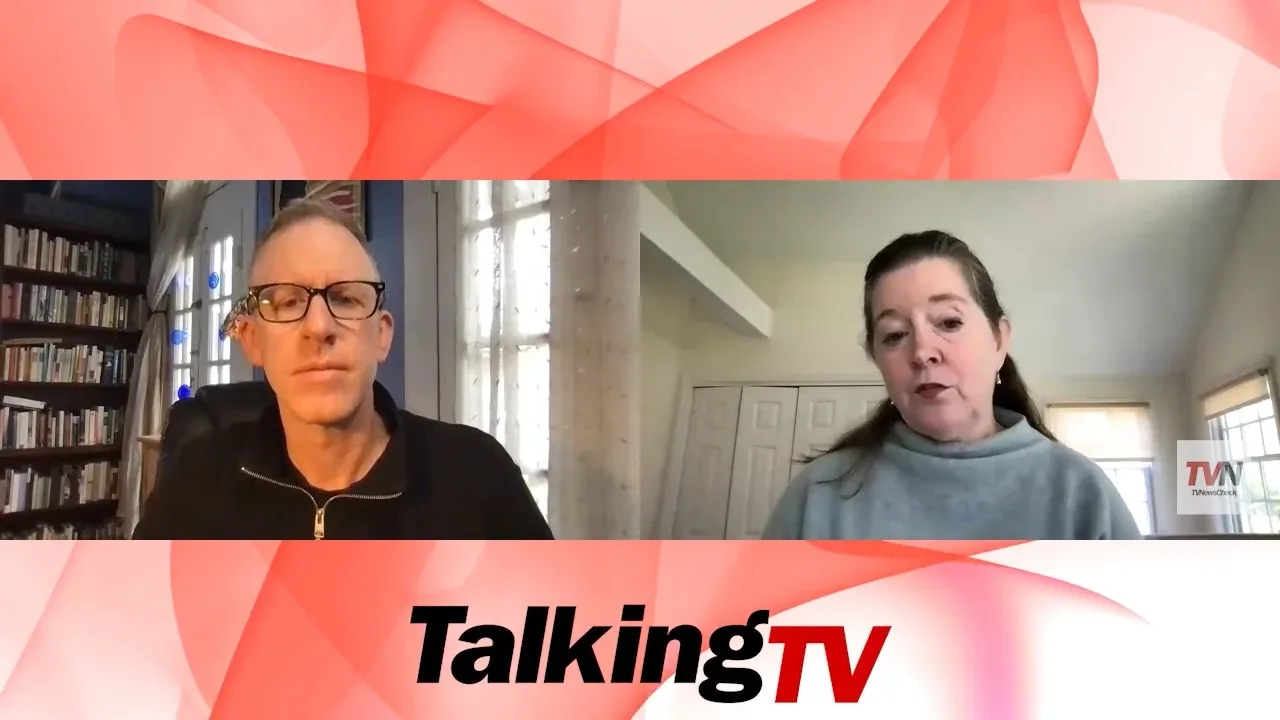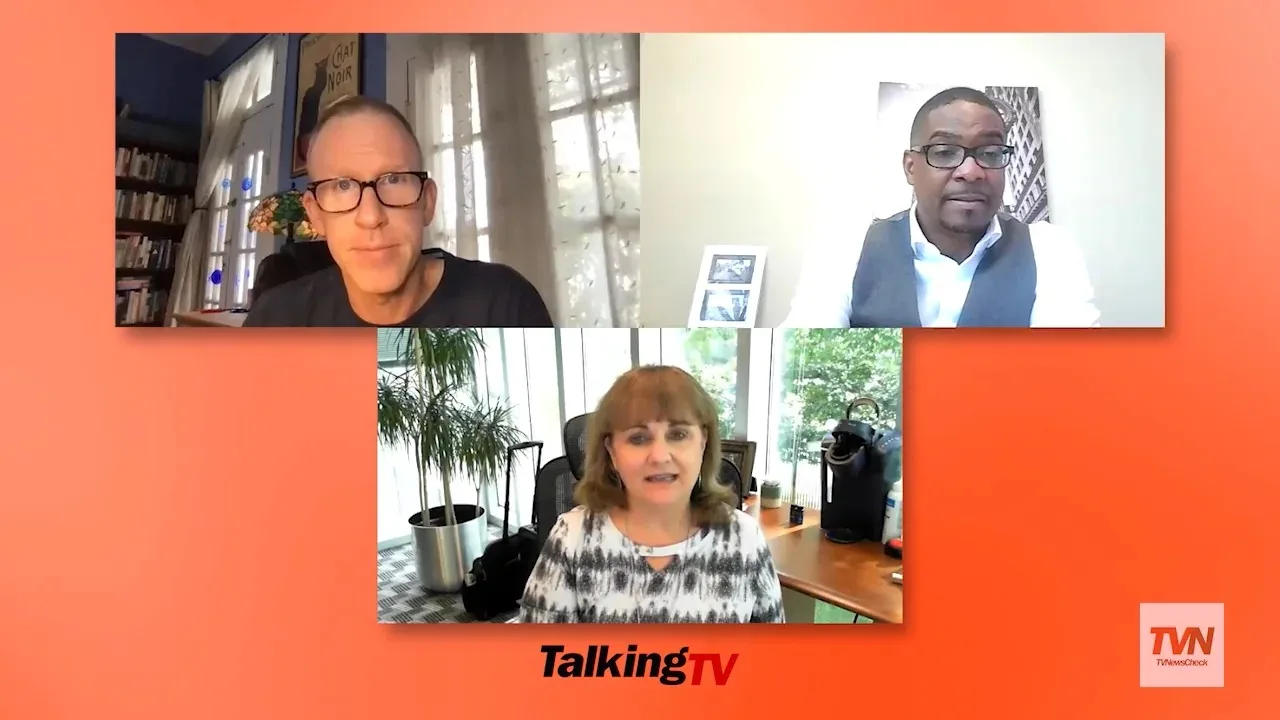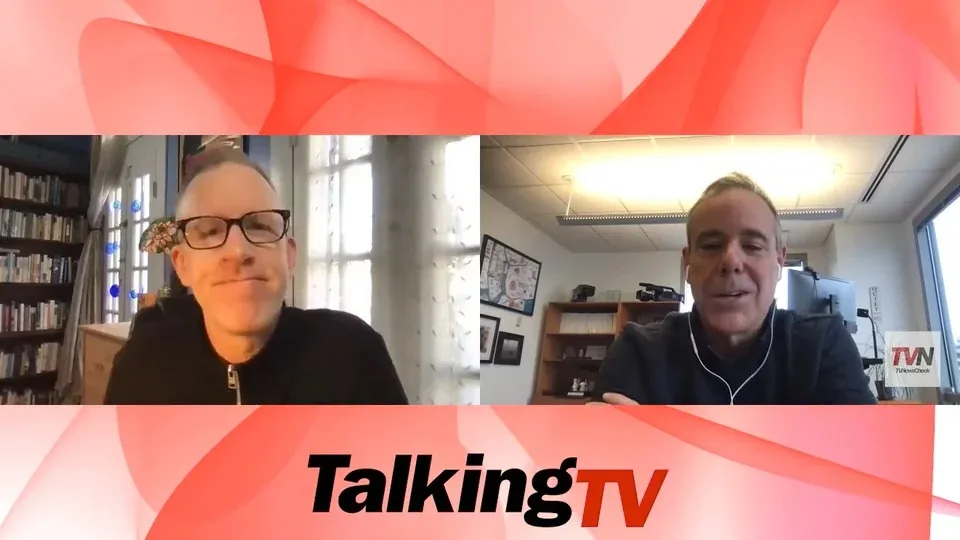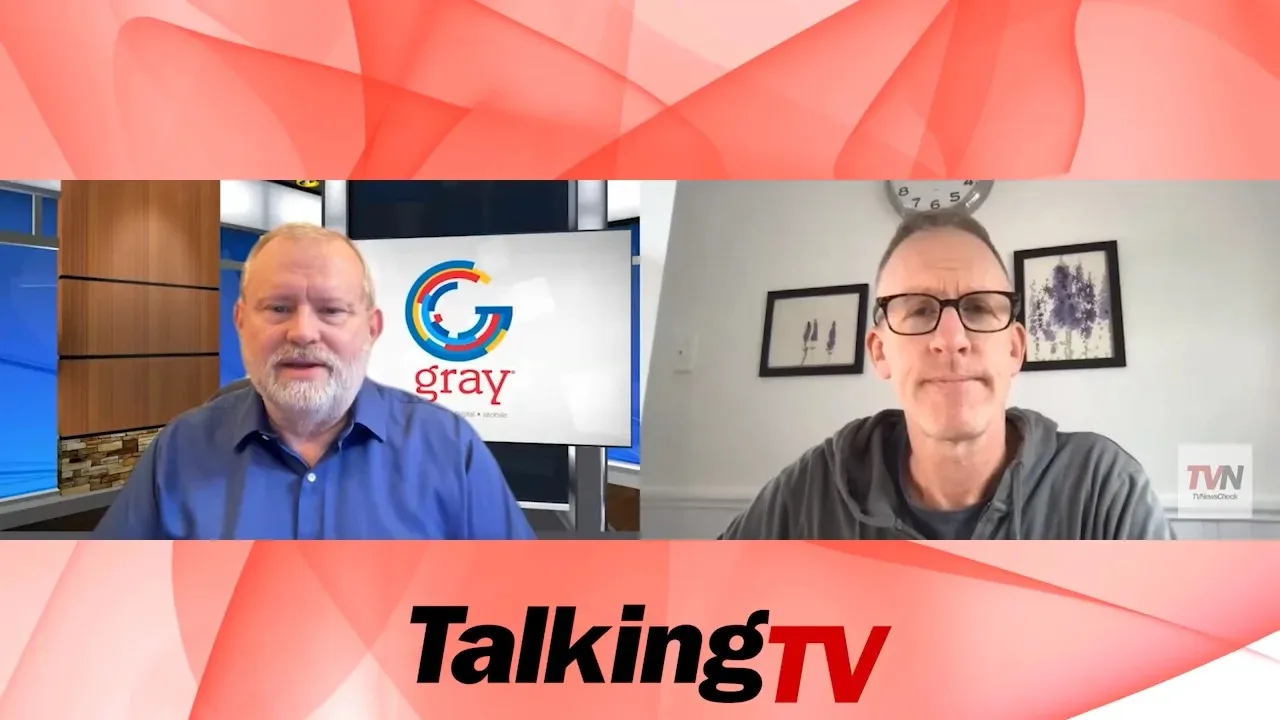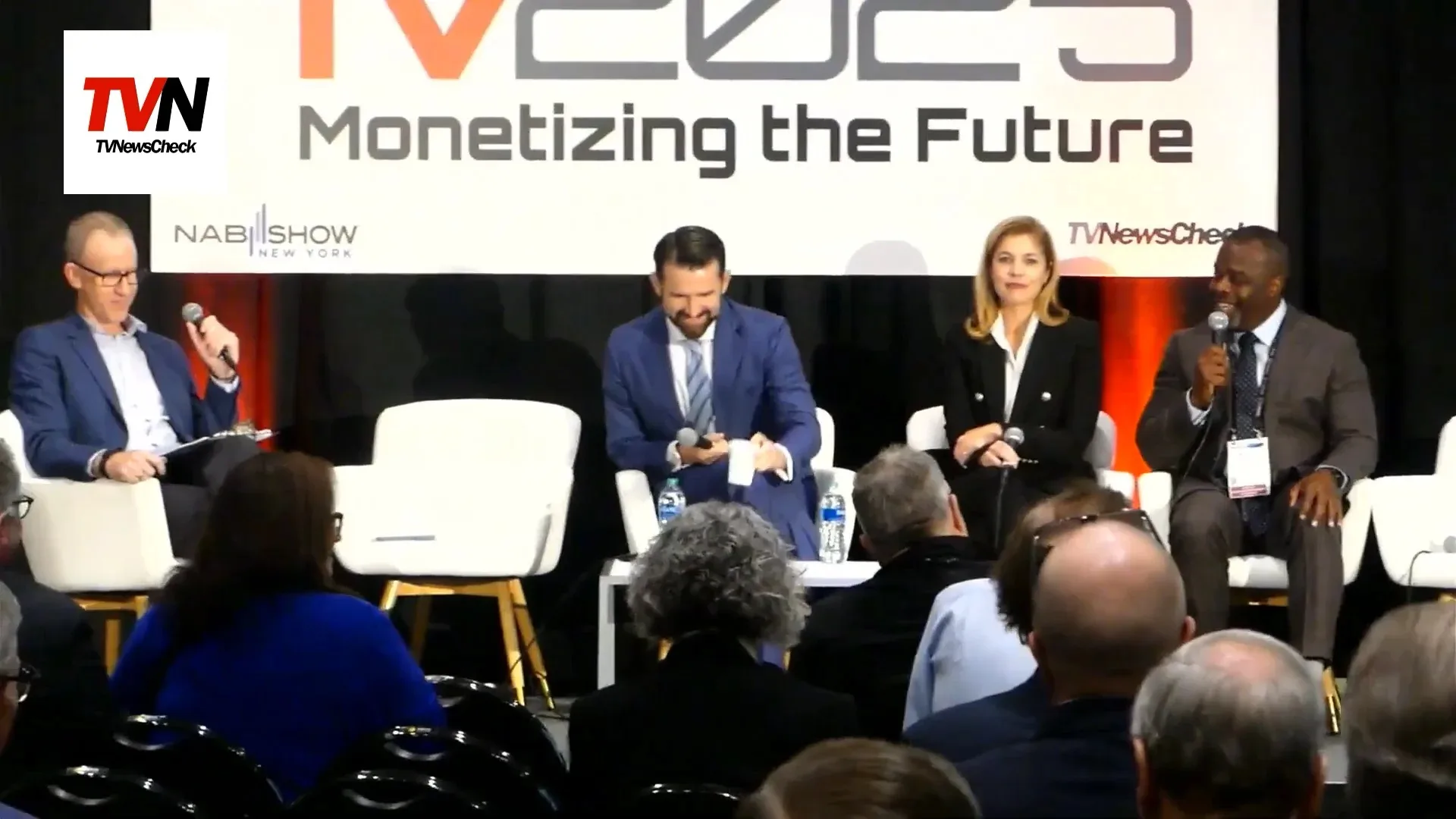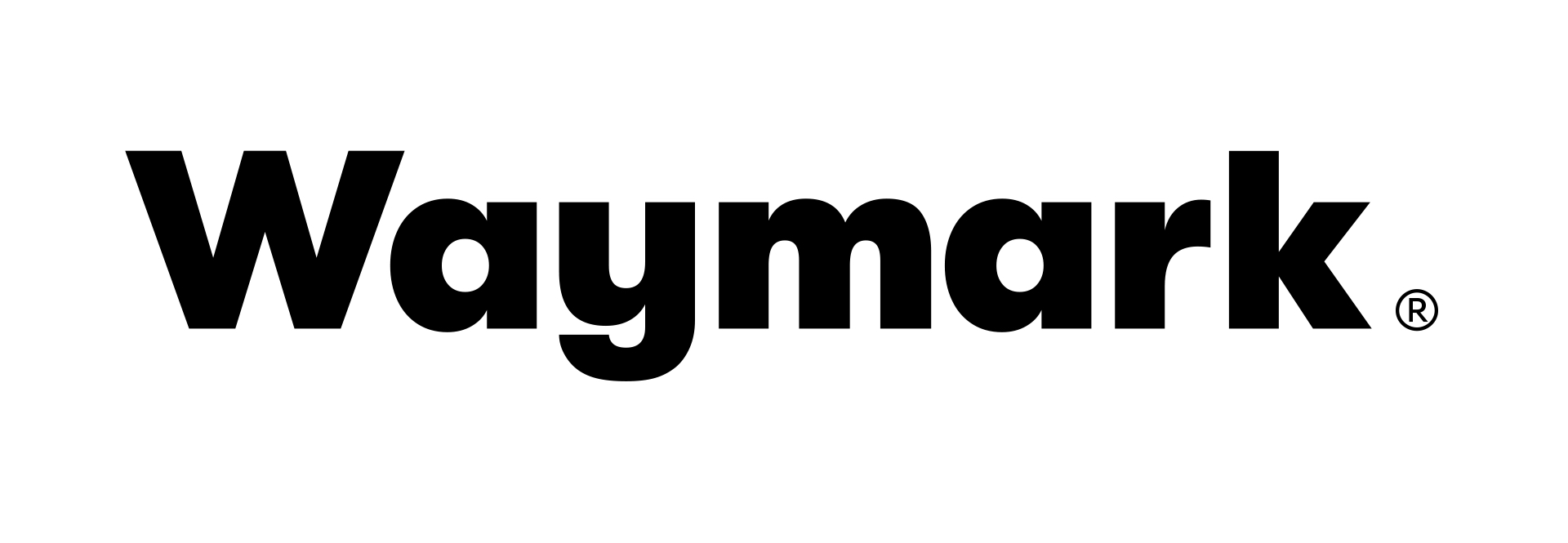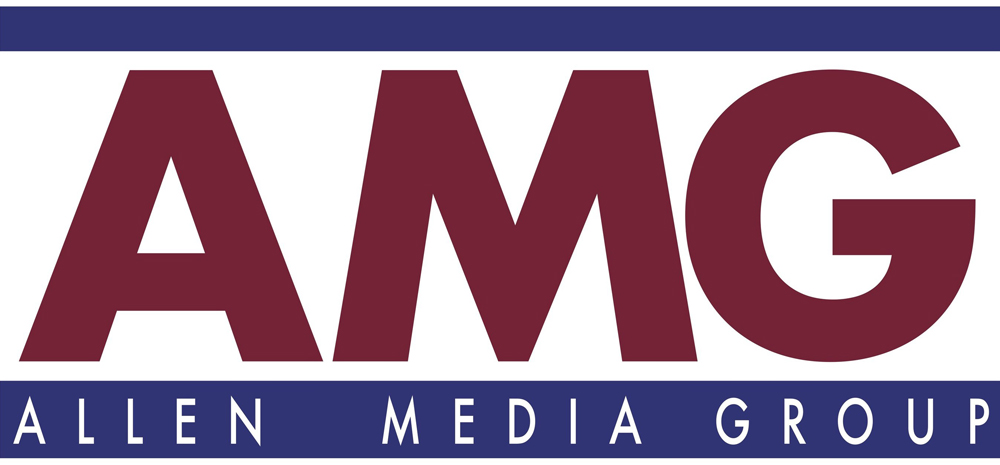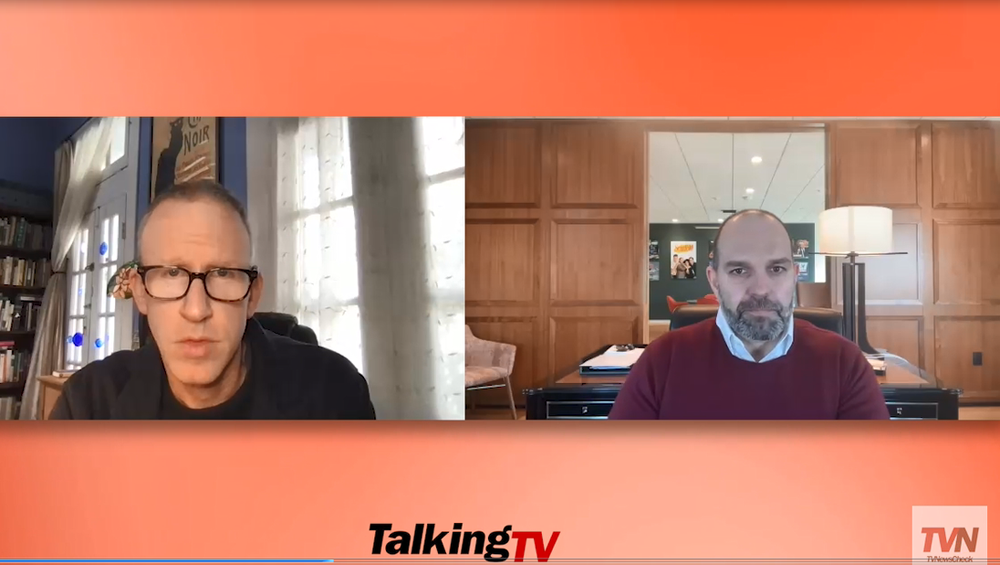
NAB President and CEO Curtis LeGeyt says he’s “tremendously frustrated” with the FCC’s late December decision to reaffirm and tighten its regulations on broadcast ownership. So, what’s the organization’s next move? A full transcript of the conversation is included.
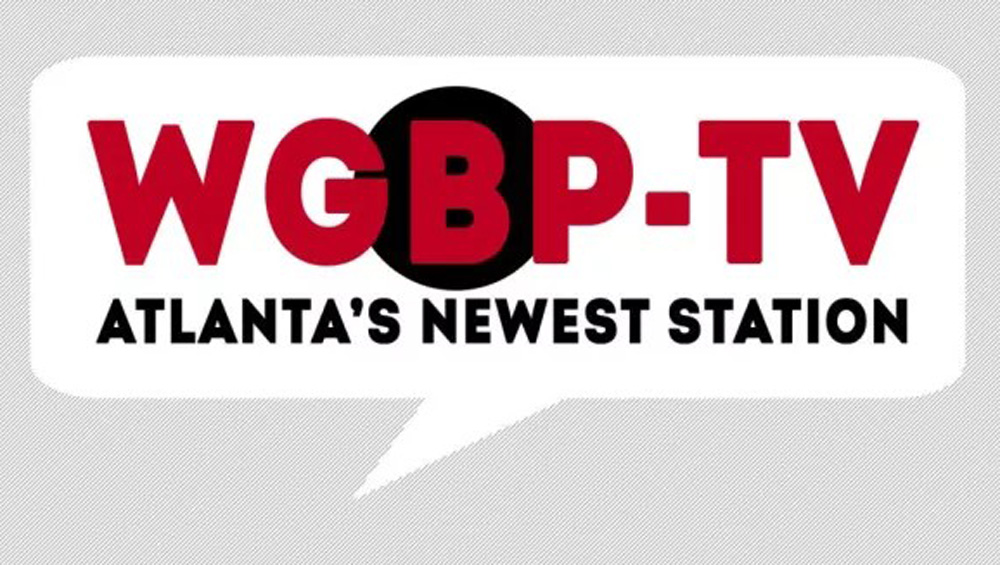
CNZ Communications, owner of WGBP Opelika, Ala., claims that under FCC precedent, Dish needs to carry the station throughout the entire Atlanta, Ga., and Columbus, Ga., DMAs. CNZ filed a complaint with the FCC on Dec. 11 seeking full carriage in both markets. Yesterday, Dish asked the FCC to deny the complaint, saying it was “based on a misreading of the relevant statute, regulations, and FCC precedent.”
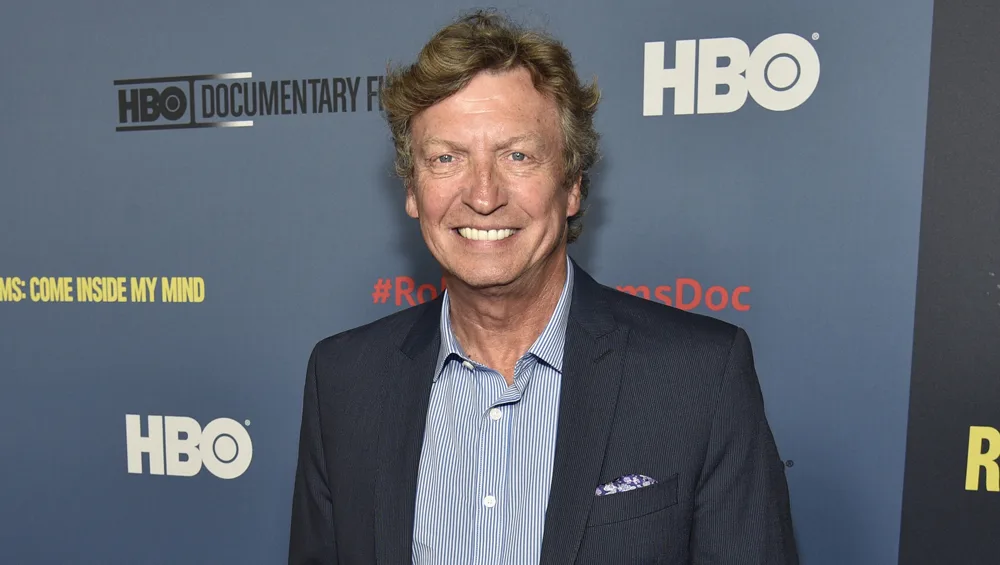
Less than a week after Paula Abdul accused Nigel Lythgoe of sexually assaulting her twice over the past 20 years, the So You Think You Can Dance co-creator has been hit with another suit from two other women. However, unlike the action by the former American Idol judge, this latest blow against Lythgoe may not pack much legal punch.
Hey FCC, It’s Not The 1960s Anymore
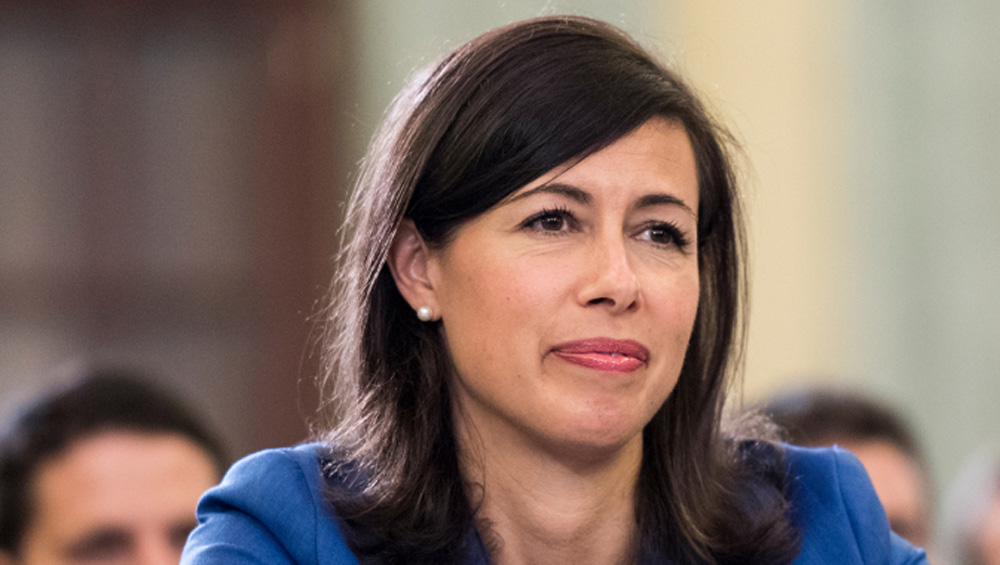
The FCC has held tight to anachronistic structural regulations, dealing a massive blow to broadcasters in dire need of regulatory relief. Localism will be one of the casualties.
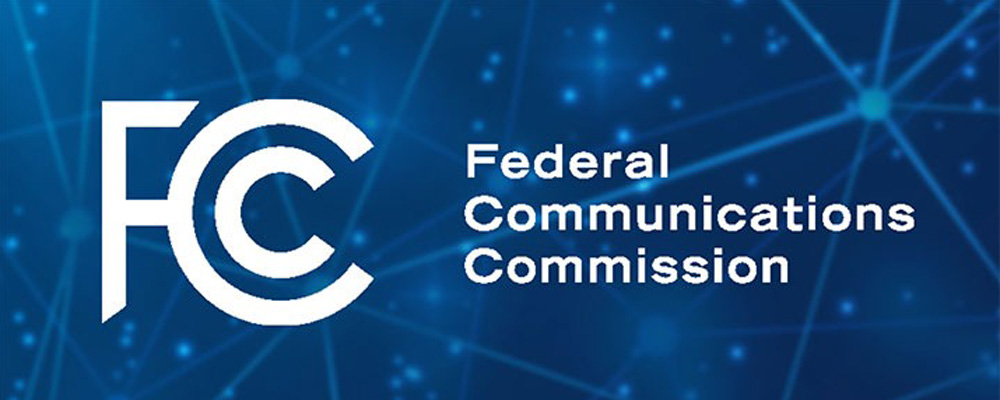
TV station owners just got bopped on the beak by the FCC regarding local TV station ownership limits. Could another bloody nose be on the way? It’s possible. That’s the view of prominent broadcast attorney David Oxenford, a partner at Wilkinson Barker Knauer in Washington. In a Jan. 2 blog, Oxenford said the Democratic-controlled FCC could take a look at the so-called UHF Discount, which is an FCC rule that allows a single TV station owner to serve more than 39% of TV households nationally. The FCC did not take up the UHF Discount or the 39% statutory cap set by Congress during its most recent quadrennial review of its broadcast ownership rules. “With a fifth commissioner now on the FCC, the UHF Discount could again be considered, particularly if there is a proposed acquisition that places the issue before the FCC by relying on the discount to comply with the ownership rules,” Oxenford said.
Law firm Wilkinson Barker Knauer has added Amy Klemt as a partner in its Denver office. She joins the firm from Rubicon Law Group, where she was outside corporate counsel […]
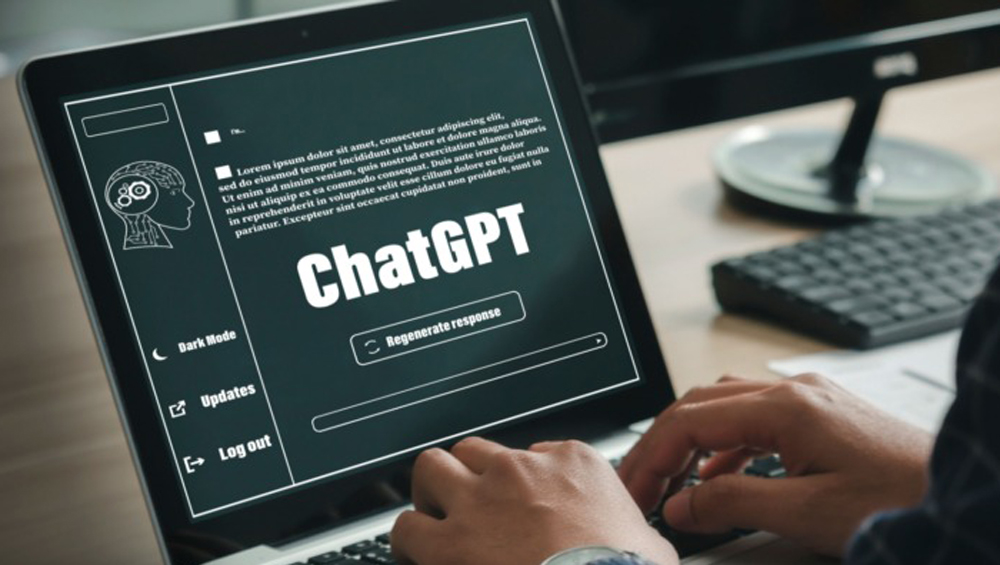
The use of content from news and information providers to train artificial intelligence systems may force a reassessment of where to draw legal lines.

The lawsuit filed Friday in Los Angeles also accuses Lythgoe of sexually assaulting Abdul after she left American Idol and became a judge on Lythgoe’s other competition show So You Think You Can Dance.
FCC Gives Broadcasters A Lump Of Coal For The New Year

Entrenched in the past, the commission has held firm — and even tightened — its deeply out-of-date regulations, dealing a deep blow to broadcasters.
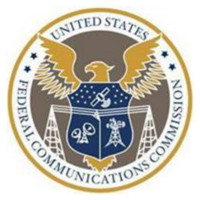
Bookending the Christmas weekend, the FCC’s long-awaited 2018 Quadrennial Review Report and Order was adopted on Friday, Dec. 22 and released Tuesday, Dec. 26. The commission is required by Congress to conduct a regulatory review of its broadcast ownership rules every four years and was directed by the U.S. Court of Appeals for the D.C. Circuit to conclude this particular review no later than Dec. 27 (or to show cause why that couldn’t be done). A gift for some and lump of coal for others, the FCC declined to read a deregulatory presumption into its statutory mandate and largely concluded that the existing rules remained necessary in the public interest.
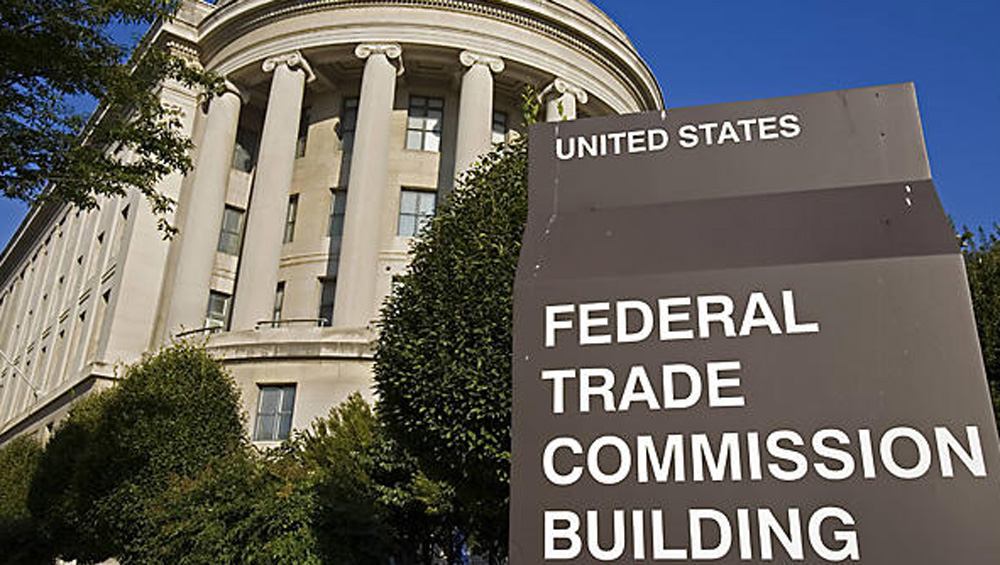
Meta Platforms on Wednesday pressed its argument that the Federal Trade Commission’s structure, including the way it conducts in-house enforcement actions, is unconstitutional. “The commission’s dual role as prosecutor and judge … is flatly inconsistent with fundamental principles of due process,” Meta argues in papers filed with U.S. District Court Judge Randolph Moss in Washington. The company is seeking an injunction to halt an in-house proceeding that could result in an FTC order banning Meta from monetizing minors’ data.
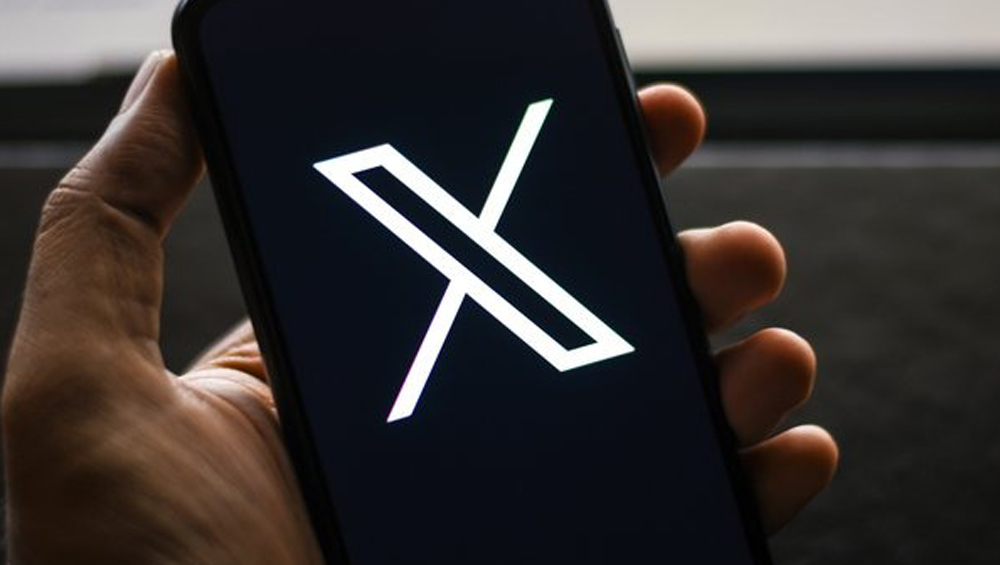
X argued that the law improperly compels speech in violation of the First Amendment and is meant to pressure social media companies to remove content the government deems objectionable.

The Opelika, Ala., NBC LX Home affiliate owner, CNZ Communications, has turned to the FCC to resolve a carriage dispute with Dish Network. Satellite TV providers like Dish have a legal obligation to carry local TV signals, but CNZ Communications claims Dish has declined to carry the station in all areas where WGBP believes it deserves distribution. Dish, by contrast, says it has met its legal requirements.
DELANO, Calif. (AP) — “That ’70s Show” actor Danny Masterson has been sent to a California state prison to serve his sentence for two rape convictions. Authorities said Wednesday that […]
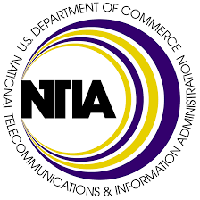
The telecommunications division of the U.S. Department of Commerce is backing the idea of raising the speed definition of broadband but was silent about taking it to a much higher level sought by a few fiber broadband companies. The National Telecommunications and Information Administration alerted the FCC last week that it supported raising the definition of broadband to 100/20 Mbps. The current threshold is 25/3 Mbps, which many view as outdated. NTIA’s letter didn’t address raising the broadband speed level to 100/100 Mbps – creating a symmetrical standard supported by regional fiber companies like Allo Fiber, Google Fiber and Ting Internet.
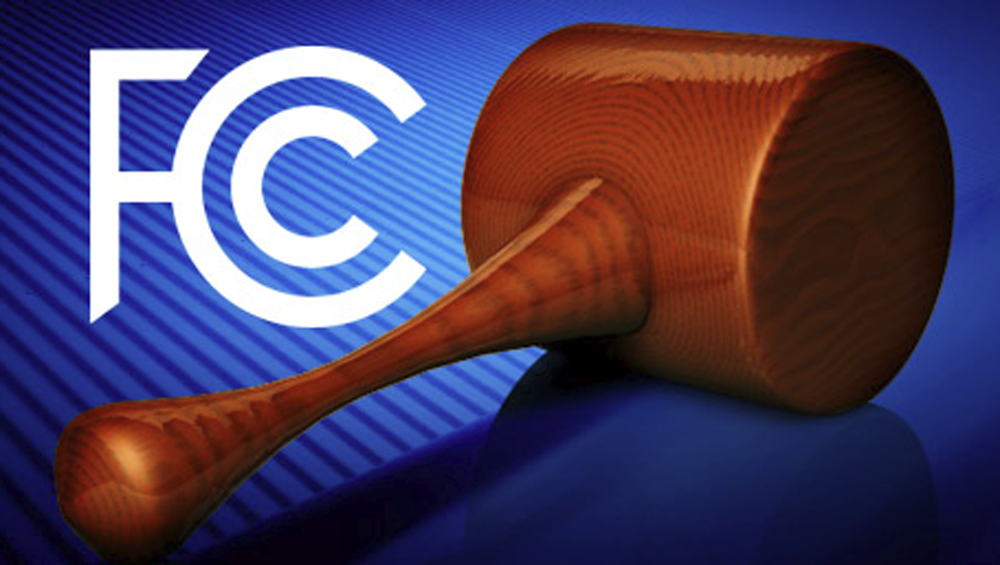
Ted Hearn: “Did the FCC just say that Nexstar and Amazon do not compete in the video programming marketplace? Didn’t Amazon Prime announce today that it will begin showing ads on TV shows and movies starting on Jan. 29? Financial pressure on TV station owners isn’t new, but it isn’t going away, either. But that didn’t seem to bother the FCC. The FCC’s new rulebook is long and complex, technical and tedious – which means a full understanding of the new rules won’t surface until the agency reviews proposed transactions or issues enforcement rulings against a TV station that pushed the limits.”

MSNBC is seeking approval from the FCC to skip providing audio descriptions for the blind during the Rachel Maddow Show and other live network programming. The commission has rules pursuant to a 2010 law that require some cable networks to furnish audio descriptions, but MSNBC says that because so many hours of its programming are live, the network met the criteria for an FCC exemption.

In what will be a closely watched legal salvo, the publisher claims the generative artificial intelligence giant was using its writing “without permission to develop their models and tools.”
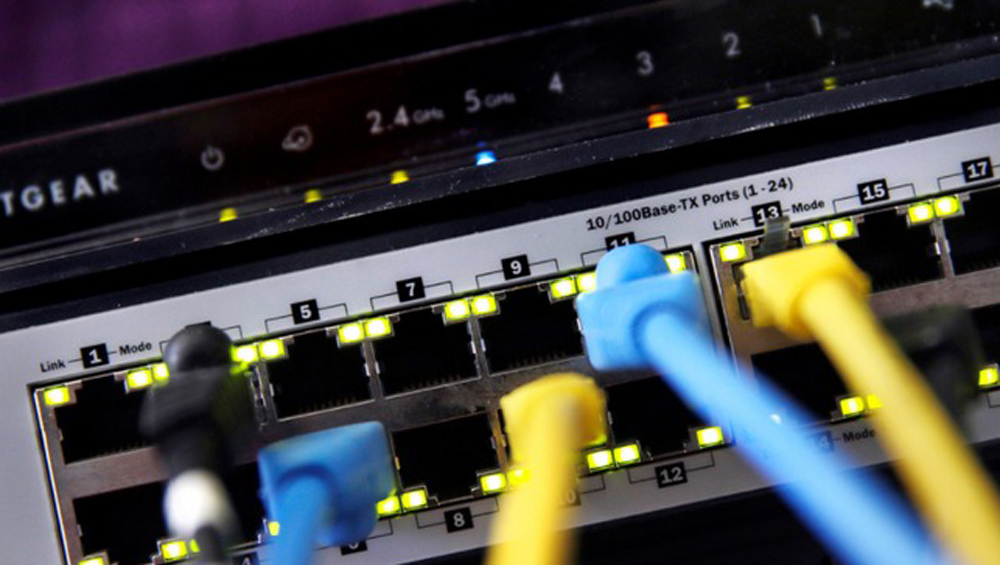
NTIA adjusts its guidance on the multibillion-dollar Broadband Equity, Access and Deployment subsidy program.

At this time of year, everyone seems to be making a list of the best (or worst) events of 2023, or predictions for what the new year will bring. Here, we will look at the dates that are already set for 2024. While this calendar should not be viewed as an exhaustive list of every regulatory date that your station will face, it highlights many of the most important dates for broadcasters in the coming year – including dates for EEO Public Inspection File Reports, Quarterly Issues Programs lists, children’s television requirements, annual fee obligations and much more.

In a blow to broadcasters and a victory for cable, the FCC has reaffirmed and toughened its network and TV station ownership limits, saying that despite a proliferation of alternative video options, including streaming video, limits on network and local station ownership remain necessary to promote the public interest goals of competition, localism and viewpoint diversity “given the unique obligations broadcast licensees have as trustees of the public’s airwaves to serve their local communities.” In wrapping up its 2018 review of whether network and local TV station ownership limits and regs are in the public interest, a Democratic majority of commissioners said they were.

Disney said in a lawsuit filed Friday that the Central Florida Tourism Oversight District, often referred to as CFTOD, has been so slow in fulfilling its public records duties that it has failed to respond completely to a request the company made seven months ago when it paid more than $2,400 to get emails and text messages belonging to the five district board members appointed by Gov Ron DeSantis.

The FCC under Democratic control has decided to tighten its TV station ownership rules. Under the rules, the FCC will make it harder for one station to affiliate with more than one Big Four broadcast network. Stations say that the FCC’s approach is unjustified given the intense competitive pressure they face for advertising revenue. The FCC decision, released Tuesday afternoon, was a substantial victory for the cable TV industry, which has tied current station ownership rules to a rise in signal blackouts and higher retransmission consent fees.

A dispute in Poland over control of public media deepened on Tuesday, as a body dominated by the former nationalist government designated a new television boss despite the current administration having appointed somebody else to the role.

A federal judge on Friday gave the go-ahead to a lawsuit against the social media company X, formerly known as Twitter, in which workers claim that the company promised but never paid millions of dollars in bonuses. (Noah Berger/AP)



